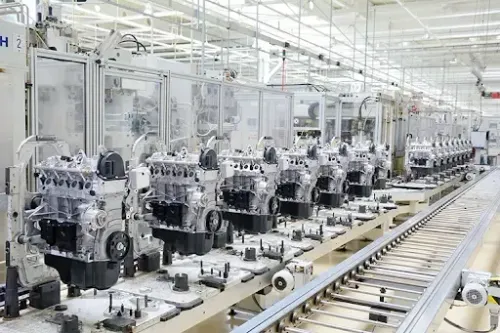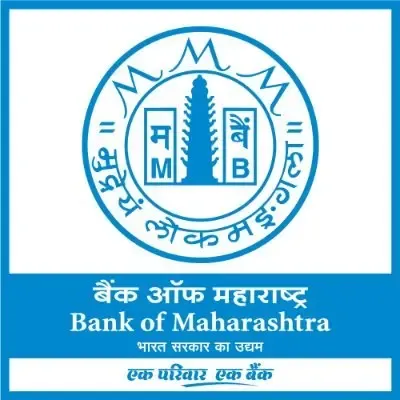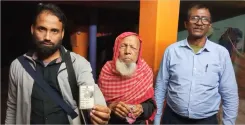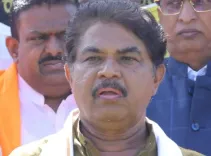India must shift from a service-oriented industry to a product-driven model: NITI Aayog
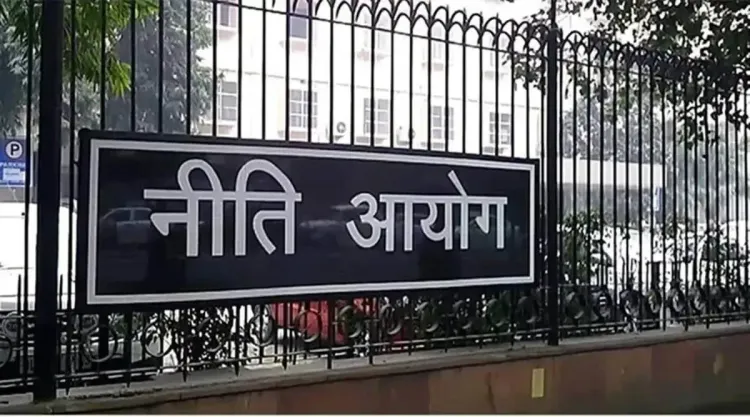
Synopsis
Key Takeaways
- Shift from service-based to product-based industry.
- Support for DeepTech startups is crucial.
- Collaboration among stakeholders is essential.
- Focus on translational research for impactful startups.
- Gujarat's strategic policies bolster innovation.
New Delhi, March 24 (NationPress) India must evolve from a service-oriented industry framework to a product-driven model, emphasized Dr. V. K. Saraswat, Member (Science & Technology) of NITI Aayog.
This statement was made during a recent national workshop held at GIFT City in Gandhinagar, Gujarat, aimed at enhancing India's innovation ecosystem.
Dr. Saraswat underscored the significance of bolstering DeepTech startups and highlighted the critical shift required towards a product-centric industrial approach.
He provided insights into pivotal government initiatives that promote research, innovation, and entrepreneurship across the nation.
The workshop sought to encourage collaboration and knowledge exchange among essential stakeholders, including government representatives, academic leaders, industry specialists, startup founders, and international delegates.
With an agenda designed to promote synergy across various sectors, the workshop delved into vital subjects such as R&D investments, state innovation policies, global innovation patterns, and grassroots entrepreneurship.
Moreover, Dr. Saraswat stressed the crucial importance of collaboration among governmental entities, educational institutions, and industry players to propel India's innovation ecosystem.
He noted the necessity for a heightened emphasis on translational research that drives substantial innovation and cultivates impactful startups, mirroring the global trend towards innovation.
Additionally, Mona Khandhar, IAS, discussed Gujarat’s determination to build a robust innovation ecosystem, underpinned by strategic policy initiatives.
She showcased the state government's commitment to advancing the startup and innovation environment through various strategic policies, including the Science, Technology, and Innovation Policy, Gujarat Semiconductor Policy, Gujarat Electronics Policy, and the Gujarat Global Capability Center (GCC) Policy.
The workshop also included several interactive sessions led by distinguished leaders in the innovation and technology sectors.
Dr. Sacha Wunsch-Vincent from the World Intellectual Property Organization (WIPO) outlined action points for India's unique developmental journey over the next decade.
“Although India's IP profile is modest, it has seen growth in recent years, with an increase in Indian-origin patent filings and the establishment of more S&T clusters in the near future,” he remarked.


